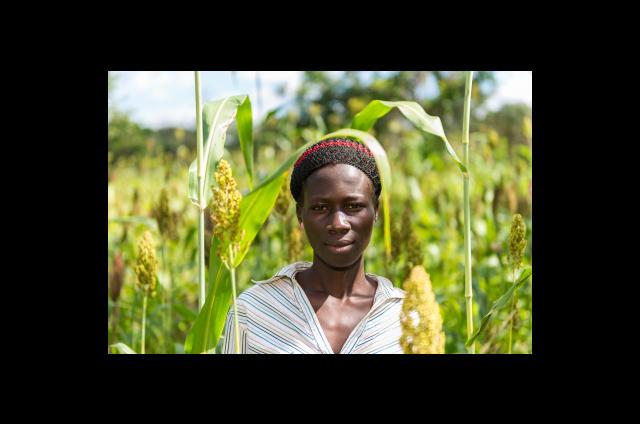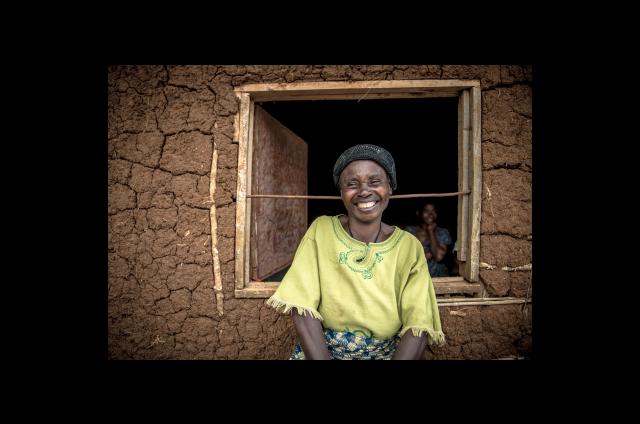Women, Peace and Security
OUR WOMEN, PEACE AND SECURITY WORK
Conflict and poverty have a complex relationship and often drive women into further marginalisation and increase their risk of gender-based violence. Yet, given the rights opportunities and tools, women can be powerful agents of change in their families and communities.
The Women, Peace and Security Framework seeks to protect some of the most fundamental rights of women affected by conflict; including the right to freely and fairly participate in decision-making processes; the right to live free from violence; and the right for their recovery to be considered at all stages of peacebuilding.
However, the Framework primarily focuses on women’s representation at high-level peace negotiations. It also puts emphasis on women as victims of conflict-related sexual violence, as opposed to as survivors of it. The Framework does not consider the challenges that marginalised women survivors of war continue to face in accessing decision-making spaces or attaining economic empowerment. As a result, the women we work with feel little benefit in the Framework’s implementation.
In order to meet the needs of women survivors of war, the implementation of the Framework must include:
- Greater emphasis on listening to and prioritising the needs of the most marginalised.
- Supporting women’s agency at all levels, particularly within local communities.
- Greater attention to women’s economic empowerment.
- Provision of adequate and accessible funding, particularly for women’s rights organisations.
ABOUT THE FRAMEWORK
8
4
79
the four pillars
I. Participation
This pillar seeks to promote and support women’s active and meaningful participation in all peace processes and to supporting their representation in decision making at all levels. The Framework recognises that improving partnerships with local and international women’s rights groups is key for effectively delivering on these commitments.
II. Protection
The Protection pillar aims to strengthen efforts to protect women’s rights through better laws and policies; specifically, to secure the safety, well-being, economic security and dignity of all women. This includes an obligation for governments to include gender perspectives in all legal and institutional reforms in order to protect women’s rights.
III. Prevention
The Prevention pillar calls for the inclusion of a gender perspective across all conflict prevention activities and for the strengthening of efforts to prevent all forms of violence against women in conflict.
IV. Relief and recovery
In international crisis settings, the Framework specifies that all efforts of relief and recovery must be performed through a ‘gendered lens’. This means that efforts should be based on a robust understanding of and effective response to women’s gender-specific needs.
Impact on the ground
CONNECTING INTERNATIONAL FRAMEWORKS WITH THE GRASSROOTS
To ensure that commitments made at the international level translate on the ground, governments commit to develop National Action Plans. The plans covert policy commitments into concrete actions in the country of implementation.
Yet so far rhetoric and grand commitments have not translated into the delivery of effective and sufficient support for women affected by conflict, particularly the most marginalised. In many of the communities where we work, ‘traditional’ or customary laws and practices have the biggest influence over women’s lives and communities, alongside social beliefs and behaviours.
Through our work with Change Agents, we are supporting women to learn more about their rights and to challenge the discriminatory laws and practices that block them from freely and fairly enjoying their rights. We are also working with local partners to amplify the voices of the women we serve in national debates on Women, Peace and Security.
WORKING WITH NETWORKS
We are a member of Gender Action for Peace and Security (GAPS), the UK’s Women, Peace and Security civil society network, which works to hold the UK government to account on its international commitments to women’s rights in conflict-affected states worldwide.


